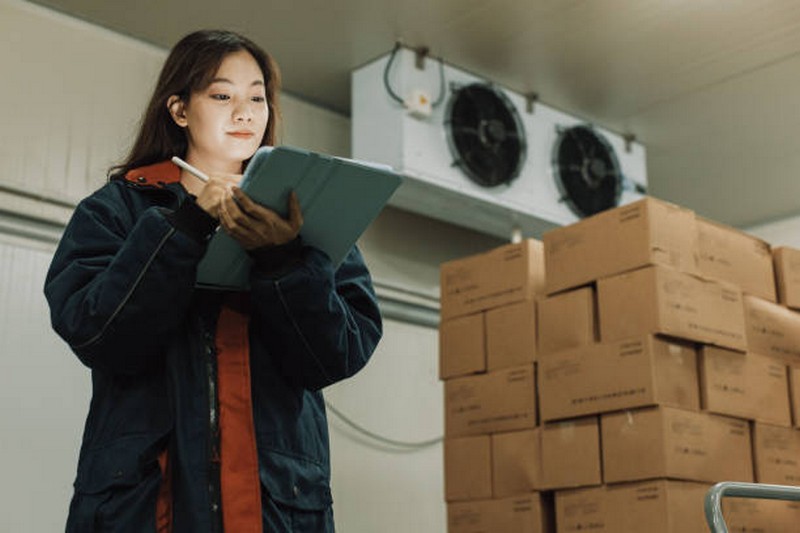Hotels and food manufacturers depend substantially on these essential storage facilities, which have undergone substantial technological modification throughout the years. There are now a lot of ways to personalize cold rooms thanks to modern innovations that use various kinds of Polyurethane (PU) panels.
Understanding Insulated Panels
Insulated panels form the exterior of cold storage units, aiming to maintain stable temperatures and prevent air leakage for optimal safety. These panels are prevalent in the roofs of various structures, including outlets, warehouses, factories, and airports, enhancing thermal efficiency and structural integrity.
Types of Structural Insulation Panels (SIPs)
Structural insulation panels, or SIPs, come in two main varieties:
- Panels with adhesive-applied outer facings, and
- Prefabricated outer facings with a core of insulating material such as Polyurethane.
A typical structural PU panel includes insulation material, external covering, adhesives, and joints for easy assembly. Known as sandwich or composite panels, they feature an interlocking system for straightforward setup, offering benefits like excellent thermal insulation, structural rigidity, quick installation, and minimal waste.
Polyurethane insulated panels are notable for their high R-value of 4.5 per inch, providing superior water and fire resistance, though they come at a higher cost compared to other PU panel types.
Expanded Polystyrene and Neopor Insulated Panels
For those seeking cost-effective insulation, expanded polystyrene panels offer an R-value of R-3 to R-4 per inch, delivering reliable performance. Neopor panels, an advanced version of EPS with added graphite, boast an R-value of 4.5 per inch and enhanced air and water resistance.
Eco-Friendly Options: Compressed Straw Core Panels
Compressed straw core panels, made from renewable waste agricultural straw, present an eco-friendly insulation option, albeit with a lower R-value and greater weight than other panels.
Advantages of PU Panels
PU panels bring numerous benefits to cold room construction, including significant energy savings, thermal efficiency for internal and external walls, and reduced construction time through professional installation, ensuring best practices are followed for optimal panel performance.
When building a cold room, it’s important to know what kinds of insulation panels are available and what benefits each one offers. Various types of panels are available, each with its own set of benefits when it comes to thermal insulation, efficiency, and environmental effect. These range from the more conventional PU and expanded polystyrene to more cutting-edge Neopor and straw core alternatives. Optimal cold storage solutions that are energy-efficient, long-lasting, and customized to each company’s demands can be achieved by carefully choosing the panels, guaranteeing the security and longevity of kept items.

